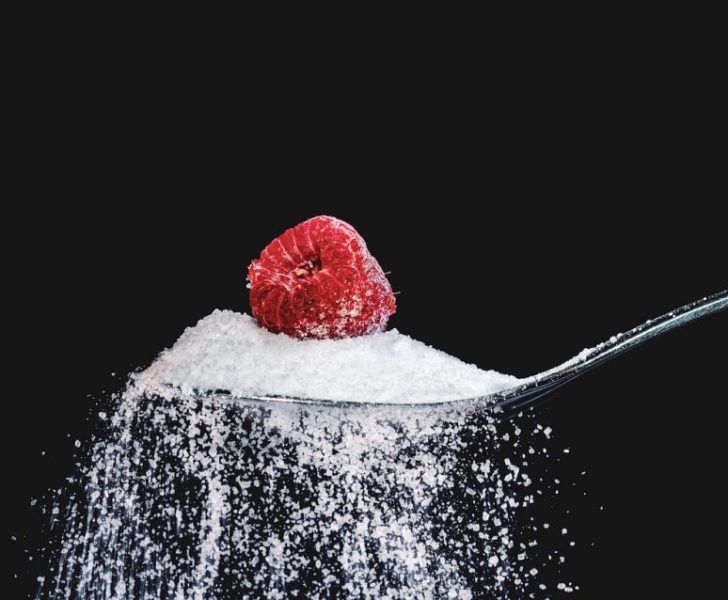Juice Diet: A Comprehensive Guide to Healthy Juicing

Introduction ():
In today’s health-conscious world, juice diets have gained immense popularity as a way to achieve weight loss, detoxification, and overall well-being. This article aims to provide a detailed overview of the juice diet, exploring its types, popularity, benefits, drawbacks, and historical significance. Whether you’re a seasoned juicer or new to this trend, this article will serve as a comprehensive guide to help you make informed choices about incorporating juice diets into your lifestyle.
Overview of Juice Diet:

The juice diet, also known as juice fasting or juice cleanse, involves consuming only fresh, nutrient-rich juices from fruits and vegetables for a certain period of time. This alternative dieting approach aims to eliminate solid food intake and replace it with juice intake to promote weight loss, cleanse the body, and replenish vital nutrients. Juice diets are often utilized for short-term purposes, such as a 3-day cleanse or a week-long detox.
Presentation of Juice Diet:
1. Types of Juice Diets:
– Fruit Juice Diet: Focuses on consuming juices extracted solely from fruits, offering a burst of natural sugars and vitamins.
– Vegetable Juice Diet: Revolves around vegetable-based juices, packed with essential nutrients, vitamins, and minerals.
– Combination Juice Diet: Incorporates a balanced blend of both fruit and vegetable juices for a well-rounded approach.
– Modified Juice Diet: Allows the inclusion of limited solid foods, such as light salads or soups, along with juices to provide additional sustenance.
2. Popular Juice Diet Programs:
– The Green Juice Cleanse: Emphasizes the consumption of green vegetables, such as kale, spinach, and cucumber, to detoxify the body.
– The Citrus Juice Diet: Focuses on citrus fruits like oranges and grapefruits, known for their high vitamin C content and refreshing flavors.
– The Root Vegetable Cleanse: Utilizes root vegetables like beets and carrots, which are believed to enhance liver function and promote overall detoxification.
Kvantitativa mätningar om ”juice diet” (H2):
1. Nutritional Composition:
– Certain juice diets offer a wide range of essential vitamins, minerals, and antioxidants.
– Juices tend to be low in calories and high in hydration, making them an effective tool for weight management.
– Juices can provide a quick boost of energy due to their high sugar content, although it should be consumed in moderation.
2. Weight Loss Potential:
– The calorie deficit created by juice diets can lead to short-term weight loss.
– However, the rapid weight loss experienced during the juice diet may primarily consist of water weight and muscle loss instead of sustainable fat loss.
3. Detoxification Effects:
– Juice diets are claimed to cleanse and detoxify the body by eliminating toxins and improving organ function.
– While anecdotal evidence suggests positive experiences, the scientific consensus on the effectiveness of juice diets in detoxification is limited.
Discussion on Different Juice Diets (H2):
1. Variances in Nutritional Profile:
– Fruit-based juice diets may provide a higher sugar content compared to vegetable-based options.
– Vegetable juices often offer a broader range of vitamins, minerals, and phytochemicals.
– Combination juice diets aim to strike a balance between nutritional value and taste preferences.
2. Sustainability and Long-Term Success:
– Some juice diets can be challenging to sustain due to their restrictive nature.
– Long-term success depends on individuals’ ability to adopt a balanced eating plan after the juice diet.
Historical Review of Pros and Cons of Juice Diets (H2):
Historically, juice diets have been associated with various benefits and drawbacks:
– Advantages:
– Provision of essential vitamins and antioxidants
– Potential weight loss kick-start
– Improved hydration levels
– Increased consumption of fruits and vegetables
– Disadvantages:
– Lack of fiber intake
– Potential nutrient deficiencies
– Unsustainability as a long-term dietary plan
– Possibility of blood sugar spikes due to high sugar content in certain juices
Conclusion:
In conclusion, the juice diet offers a range of benefits for those seeking weight loss, detoxification, and nutrient replenishment. However, it is crucial to approach juice diets with caution, considering the potential drawbacks and individual factors, such as nutritional needs and sustainability. Always consult a healthcare professional before embarking on any significant dietary changes. With the knowledge gained from this comprehensive guide, individuals can make informed decisions about incorporating juice diets into their lives for short-term goals or as a stepping stone towards adopting a healthier lifestyle.











